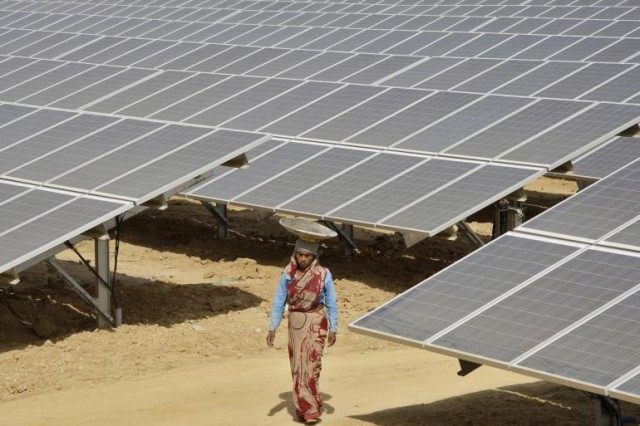Ukip leader Nigel Farage made headlines this week when he warned that up to half a million jihadists could cross the Mediterranean and claim asylum in Europe, under new guidelines agreed by Brussels in response to thousands of migrant deaths at sea.
But unreported by the media were comments made by Mr Farage in the same speech, in which he blamed European trade policies for keeping Africa stymied by poverty, and called for action to overturn the policies, allowing Africa to prosper.
In his speech in the European Parliament at Strasbourg, Mr Farage said: “We are hypocrites in this place when we talk about poverty in Africa, when we pursue a common agricultural policy that puts barriers up to them selling us their agricultural produce; when we have a fisheries policy that rapes and pillages their seas and has caused environmental destruction. We just assuage our consciences by giving away a bit of foreign aid.
“I am not blind to the human suffering that we have caused in many of these countries. I would call on this Parliament and Commission to end the barriers to trade, to stop the fisheries policy, to ask the United Nations to get involved, and to try and help.”
Coincidentally, science writer and Peer Matt Ridley made a strikingly similar point this week, blaming Western environmental policies for the failure of Africa to develop and thrive in the modern era (h/t Bishop Hill)
In a column for the Times, Ridley quotes a “silly comment” by green journalist James Murray, who blogged “This is what climate crisis looks like . . . We know there is evidence that the violence triggered by the Arab Spring uprisings of 2011 were in part fuelled by protests over soaring food prices.”
In fact, as Ridley explains, food prices have soared due in large part to Western governments turning farmland over to the production of biofuels in order to meet climate change targets. “Climate policies were probably a greater contributor to the Arab Spring than climate change itself,” he added.
Furthermore, Europe and America are actively preventing Africa from using its abundant fossil fuel resources to generate electricity, and is trying to force renewables onto the continent instead.
“Without abundant fuel and power, prosperity is impossible: workers cannot amplify their productivity, doctors cannot preserve vaccines, students cannot learn after dark, goods cannot get to market,” says Ridley.
“Nearly 700 million Africans rely mainly on wood or dung to cook and heat with, and 600 million have no access to electric light. Britain with 60 million people has nearly as much electricity-generating capacity as the whole of sub-Saharan Africa, minus South Africa”
According to the Centre for Global Development, $10 billion spent on building renewable energy infrastructure in sub-saharan Africa could bring a basic electricity supply to between 20 and 27 million people. The same amount invested in gas fired generation would supply 90 million Africans with vital energy.
Unsurprisingly, the western policy is suffering a backlash. Ridley cites Donald Kaberuka, president of the African Development Bank, as saying that is hypocritical for western governments, made rich by fossil fuels, “to say to African countries, ‘You cannot develop dams, you cannot develop coal, just rely on these very expensive renewables’. African countries will not listen.”
And while Europe and America are pulling out of African investment programs (Ed Davey brought to a halt British investment in coal power in developing countries in 2013), China is happy to step in to fill the gap. Her Asian Infrastructure Investment Bank is willing to fund coal plants, much to the chagrin of Washington and Brussels.
Likewise, Australia and Japan are joining forces to construct “clean coal” plants in the developing world.
Ridley says that some green campaigners “argue that rural parts of Africa may be able to eschew giant power grids and leapfrog into off-grid solar-powered electricity, a bit like Kenya has with mobile banking. But that costs more and it won’t power factories.”
He concludes: “The continent needs both, and those who advocate no support for coal are effectively saying that the adoption of renewable energy is more important than alleviating African poverty.”

COMMENTS
Please let us know if you're having issues with commenting.